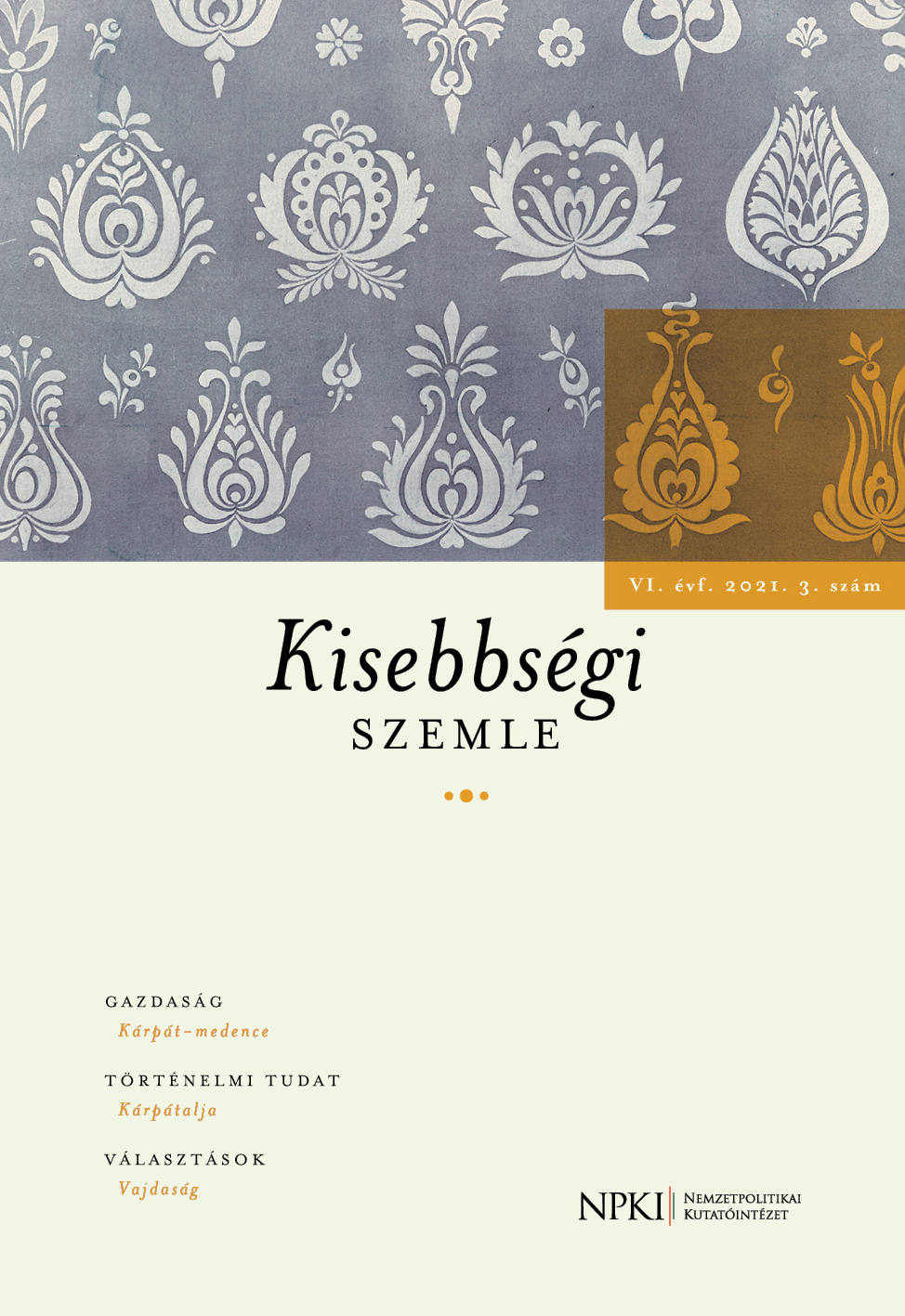Választási mérnökösködés és magyar érdekképviselet Szerbiában (1990–2000)
Electoral Engineering and Hungarian Representation in Serbia (1990–2000)
Author(s): Áron LéphaftSubject(s): Politics / Political Sciences, Politics, Social Sciences, Political Sciences, Sociology, Electoral systems, Inter-Ethnic Relations, Ethnic Minorities Studies, Politics and Identity
Published by: Nemzetpolitikai Kutatóintézet
Keywords: Vojvodina Hungarians;minority;Serbia;hungarian;Elections;
Summary/Abstract: The disintegration processes of the second Yugoslavia provided an opportunity for major minority actors to establish independent, efective organizations and to compete in the emerging political arenas of the successor states. Many of the organizations, such as the Democratic Fellowship of Vojvodina Hungarians, became successful in mobilizing the ethnic electoral base and securing parliamentary seats on federal and state levels; however, they encountered obstacles in maintaining support. The multi-party competition after 1990 was greatly influenced by the unfavorable conditions of the electoral system and the interests of the communist successor party, the Serbian Socialist Party, which unilaterally shaped the political transition in accordance with its goals. The electoral manipulations of the ruling party were manifold, and the ever-changing electoral system disadvantaged the opposition, as well as minorities. In some cases, this disadvantage aggravated independent political representation, and in other cases it led to shifts in power structures within the ethnic community. Some effects of the period on ethnopolitical mobilization have survived to this day in certain segments of the minority scene. The study uses tools of political and electoral geography to evaluate the results of Hungarian ethnopolitical actors during the 1990s. The work also covers the electoral engineering techniques of the regime, which significantly affected the Hungarian community.
Journal: Kisebbségi Szemle
- Issue Year: 6/2021
- Issue No: 3
- Page Range: 73-111
- Page Count: 39
- Language: Hungarian

